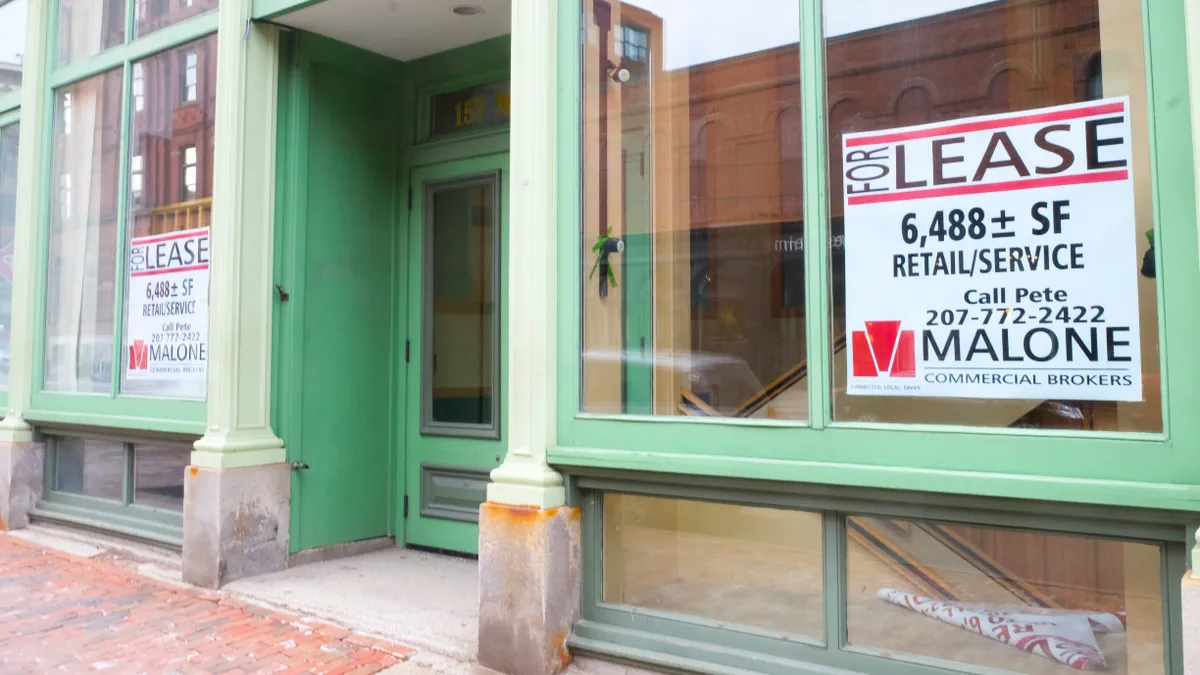In an already tenuous consumer landscape, unemployment is gaining and hiring is slipping — a double whammy that looms over the economy.
In August, the unemployment rate ticked up to 4.3%, the highest in almost four years, according to data released Friday by the Bureau of Labor Statistics. Meanwhile “hiring has slowed, is slow, and risks slowing further,” according to UBS economists led by Jonathan Pingle.
“The reason that is a problem is because the prevailing narrative that firms are not laying off workers is incorrect,” Pingle said in a research note released Sunday.
Monthly layoff announcements are at about 90,000 in the U.S., nearly double what they were in the five years between 2014 to 2019, per the UBS report. U.S.-based employers announced nearly 86,000 job cuts in August, almost 40% more than in July and 13% more than a year ago, according to a report Thursday from outplacement firm Challenger, Gray & Christmas.
“With layoffs running apace, unemployment rate rising, and job gains averaging below 30K month, if hiring falls much further, the labor market, and the economy as a whole, could tip into contraction,” Pingle said.
According to the Challenger report, the number of August job cuts is the highest since 2020 — the peak of the pandemic — and the next-highest since 2008 — the peak of the Great Recession.
“The slowdown is likely driven by weaker business investment due to tariff uncertainty,” Bank of America economists led by Shruti Mishra said in a Friday client note. “If tariff uncertainty remains because of the Supreme Court case, this could persist.”
Retail, along with cuts to the federal workforce, has contributed to this somewhat, “due to operation or store closings and bankruptcies this year compared to last,” Andrew Challenger, a labor expert and senior vice president at the firm, said in a statement.
This year through August, retailers announced 83,656 job cuts, up more than 240% year over year, according to Challenger’s report.
“Retailers are being hard hit by tariffs, inflation, and ongoing economic uncertainty causing bankruptcies and closures,” Andrew Challenger said. “If tariffs and consumer spending constraints play out, the approaching holiday shopping season may see fewer seasonal hires and, in fact, high layoffs.”
















